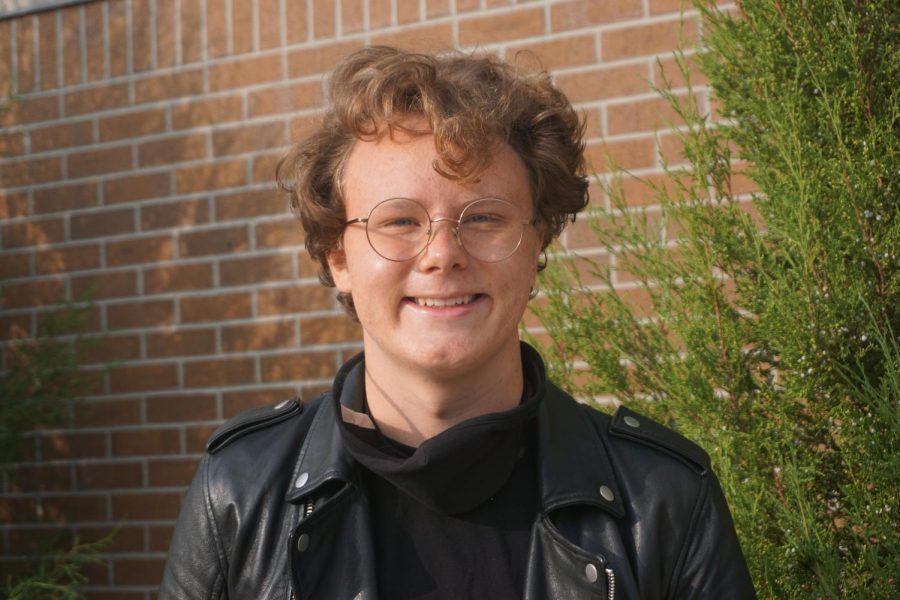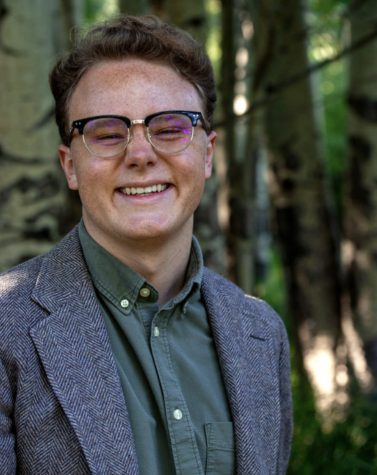Eight minutes, 46 seconds.
January 3, 2021
8:46
Eight minutes, 46 seconds.
Over the course of 2020, we’ve seen the single biggest civil rights demonstration in American history, at least since the civil rights movement of the 1960s. The movement is being epitomized by martyrs. Innocent black men and women, executed. Murdered in cold blood. These protests have been a demand that black people live. For them not to be shot in the street for grabbing their wallet. And that number keeps rattling around in my brain.
Eight minutes, 46 seconds.
That video was nothing short of horrific. All of these videos, the hundreds of thousands of videos running around my head. And that isn’t even to mention the videos that don’t get views, that aren’t circulated. The murders that happen when there’s nobody there to record. Nobody can truly express the agonizing pain. I felt claustrophobic. My arms felt weak. I couldn’t keep my eyes open. It wasn’t shock. I know this happens. It was just… agonizing. Eight minutes, 46 seconds.
Frederick Douglas said, “This struggle may be a moral one, or it may be a physical one, and it may be both moral and physical, but it must be a struggle. Power concedes nothing without a demand. It never did and it never will.” Political violence is the bedrock of any society. In essence, the job of the government is to monopolize force, and dole it out according to the common good. Deciding how we want a government to run is, in many ways, deciding how violence is distributed, how much and to whom. Nothing political is free of violence, and to pretend like you can separate the two are like the people saying, “Get the politics out of my Call of Duty,” a game about war, American exceptionalism, and post 9/11 jingoism because they included a Nonbinary gender option. And that brings us to nonviolence.
Nonviolent protest is, in my opinion, the most effective way to achieve change. I don’t, however, think it’s the only moral way. “Change happens when people are willing to bleed for it,” says Ian Danskin. Nonviolent protest isn’t, as the name would imply, actually nonviolent. It’s allowing violence to be done to yourself as a point. It’s a strategy. It’s like the monks in Tibet, burning themselves to try and force the government to stop Buddhist suppression. It’s inflicting violence on yourself or letting violence be enacted upon you. Even the pioneers of nonviolent protest, people like MLK and Mahatma Gandhi didn’t dismiss violent protest. They embraced it as another viable strategy.
Then we see stories of protestors punching cops, or, as the president suggested, protestors throwing soup cans. And the only response from the public is that this is unacceptable. It is the wrong thing to do, that using violence makes them just as bad as the cops who murdered George Floyd. The ones who knelt on his neck for eight fucking minutes and 46 seconds.
Saying violent protests are immoral isn’t specifying a strong nonviolent sentiment. It’s expressing a preference towards whom the violence is directed, towards those who demand equality and fairness. And we need change.
The Rev. Martin Luthing King, Jr once said, “And I must say tonight that a riot is the language of the unheard. And what is it America has failed to hear? … It has failed to hear that the promises of freedom and justice have not been met. And it has failed to hear that large segments of white society are more concerned about tranquility and the status quo than about justice and humanity.”


